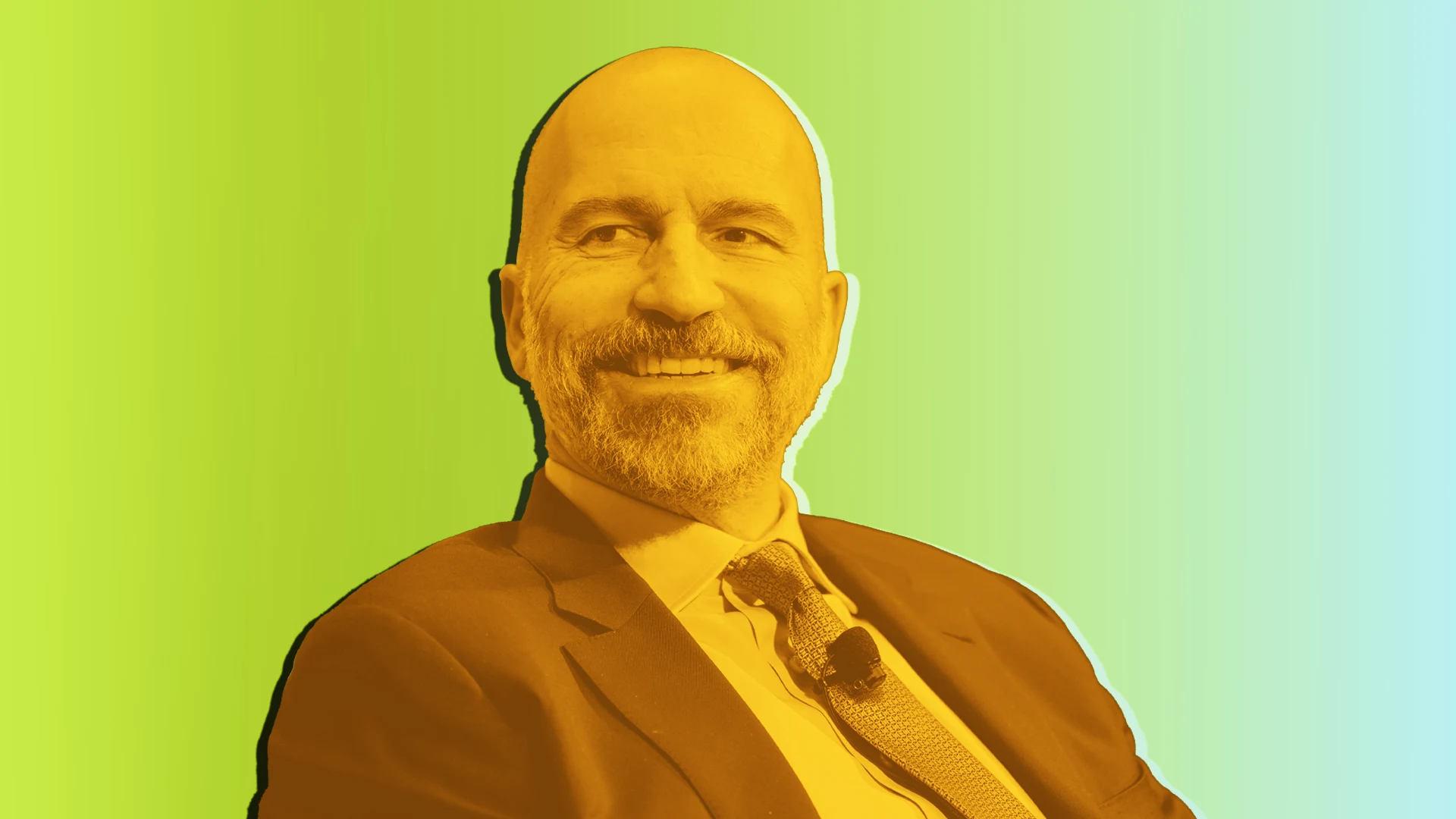Why mental health support matters for all workers

The old adage “the only thing constant is change” seems to ring true in workplaces today. Workplaces are rife with challenges, from navigating economic uncertainty to rapidly adapting to technological change. Workplace mental health support plays a pivotal role in helping employees build resilience to navigate the stressors they face.
When we discuss mental health in the workplace, we often think of a corporate office: a desk, a screen, and a Slack channel. In reality, the need for mental health support extends to all sectors and workers. From healthcare to hospitality, construction to retail, food service to utilities, workers in non-office jobs are just as in need of support as their desked peers. There is no such thing as a stress-free workplace. As a leader, what you do to address it can make all the difference.
It’s a business imperative
At Calm, we’ve seen this firsthand. Through our app, we support over 3,500 organizations, including 600 non-office industries. Across sectors and industries, employees come to Calm for stress, anxiety, mindfulness, and sleep support. Workers across the board might share similar challenges—anxiety, burnout, family stress—but their experiences are unique to their role or environment. An office worker may fear being replaced by AI. A warehouse worker may worry more about the risk of injury or being replaced by automation. Each of those fears is valid, and each deserves bespoke support.
Supporting workers isn’t just the right thing to do; it’s a business imperative. According to yale researchers, the U.S. economy loses over $280 billion each year due to mental health conditions, including anxiety and depression. Gallup found that employees who report poor mental health take nearly five times as many sick days. That’s $47.6 billion in lost productivity. But more than that, it’s millions of people quietly struggling to get through the day. It doesn’t have to be this way and making mental health support a priority goes a long way.
It begins with open and honest communication. Leaders must be willing to share their own experiences with stress, anxiety, or burnout to normalize these conversations. I’ve publicly discussed my personal journey with my team, from experiencing panic attacks starting as a teenager to leading Calm, aiming to inspire others to prioritize their mental well-being. This transparency has helped break down the stigma associated with mental health challenges and encourages employees to seek help when they need it.
Steps leaders can take
Here are some other ways leaders can help incorporate employee mental well-being as a workplace priority:
- Talk about it. Leadership sets the tone and should model and share their own experiences balancing mental well-being while at work.
- Listen. Be present. Find ways to hear from your teams.Understand the stressors that exist across different types of work. For some, it’s emotional fatigure. For others, it’s physical strain or unpredictable hours. All of it matters.
- Meet people where they are. Whether it’s a digital platform, a flyer in the locker room, or a text-based check-in, delivery matters as much as the message.
- Tailor support. One-size-fits-all solutions fall flat. A call center agent and a construction worker have very different needs, and your approach should reflect that.
- Normalize mental health in company culture. Mental wellness shouldn’t feel like an afterthought. At Calm, we begin every all-hands meeting with a short meditation. I try not to start my day by checking emails or texts. These aren’t big shifts, but they’re grounding. When mindfulness is integrated into the rhythm of work, it becomes an integral part of the culture, rather than just a checkbox.
At Calm, we’ve learned that purpose and performance aren’t opposites. When employees feel supported, they show up stronger and better. Engagement goes up, turnover goes down, and business benefits.
Stress isn’t going away. However, we have an opportunity to transform how we support employees in handling it. Workplace mental health support isn’t optional; it’s essential. It is crucial to create a supportive and sustainable workplace that enables leaders to take a holistic approach to caring for their people. After all, we can’t build healthy companies without a thriving workforce across all teams in every sector of our economy.
David Ko is CEO of Calm.
What's Your Reaction?
 Like
0
Like
0
 Dislike
0
Dislike
0
 Love
0
Love
0
 Funny
0
Funny
0
 Angry
0
Angry
0
 Sad
0
Sad
0
 Wow
0
Wow
0










.jpg)



















































































